Another launch attempt may be scheduled for Friday, however delays have become typical of the mission due to constant problems with the development of the spacecraft.
NASA postponed the launch of Starliner, the first Boeing crewed spacecraft that was supposed to reach the ISS. Astronauts Butch Wilmore and Suni Williams were already inside when the decision was made to cancel the flight due to potential issues with the oxygen pressure regulator valve.
The valve in question is located on the fuel tank in the second stage of the Atlas V rocket. According to the CEO of the rocket manufacturer company United Launch Alliance, sometimes valves may be in a position where they start "buzzing," rapidly opening and closing - engineers now need to clarify how dangerous this issue is and whether the valve needs to be replaced, so the rocket will be rolled back from the launch pad.
"We're scrubbing today's launch attempt," wrote NASA Administrator Bill Nelson on Twitter. "As I've said before, safety is NASA's top priority. We'll fly when we're ready."
Boeing's goal is to become the second private company able to provide crew transportation to and from the ISS, alongside SpaceX. Elon Musk's company reached the station for the first time in 2020 with its Dragon capsule, effectively ending nearly a decade of U.S. dependence on Russian space rockets.
Originally, the first uncrewed test flight of Starliner was planned for 2015, but was eventually postponed for 4 years. When the launch finally took place, software glitches caused engine restarts - the spacecraft consumed a lot of fuel, so it did not reach the ISS. The second attempt, initially planned for August 2021 but launched only in May 2022, overall was successful - although there were some concerns regarding the performance of certain engines and the cooling system of Starliner.
Ultimately, when Atlas V with the crewed Starliner reaches orbit, the spacecraft will ignite its own engines and should reach the space station within 24 hours. Astronauts will spend about a week there, while the spacecraft will remain docked to the ISS. After that, they will return home aboard Starliner, which is expected to land by parachute at one of several designated sites in the southwestern United States.





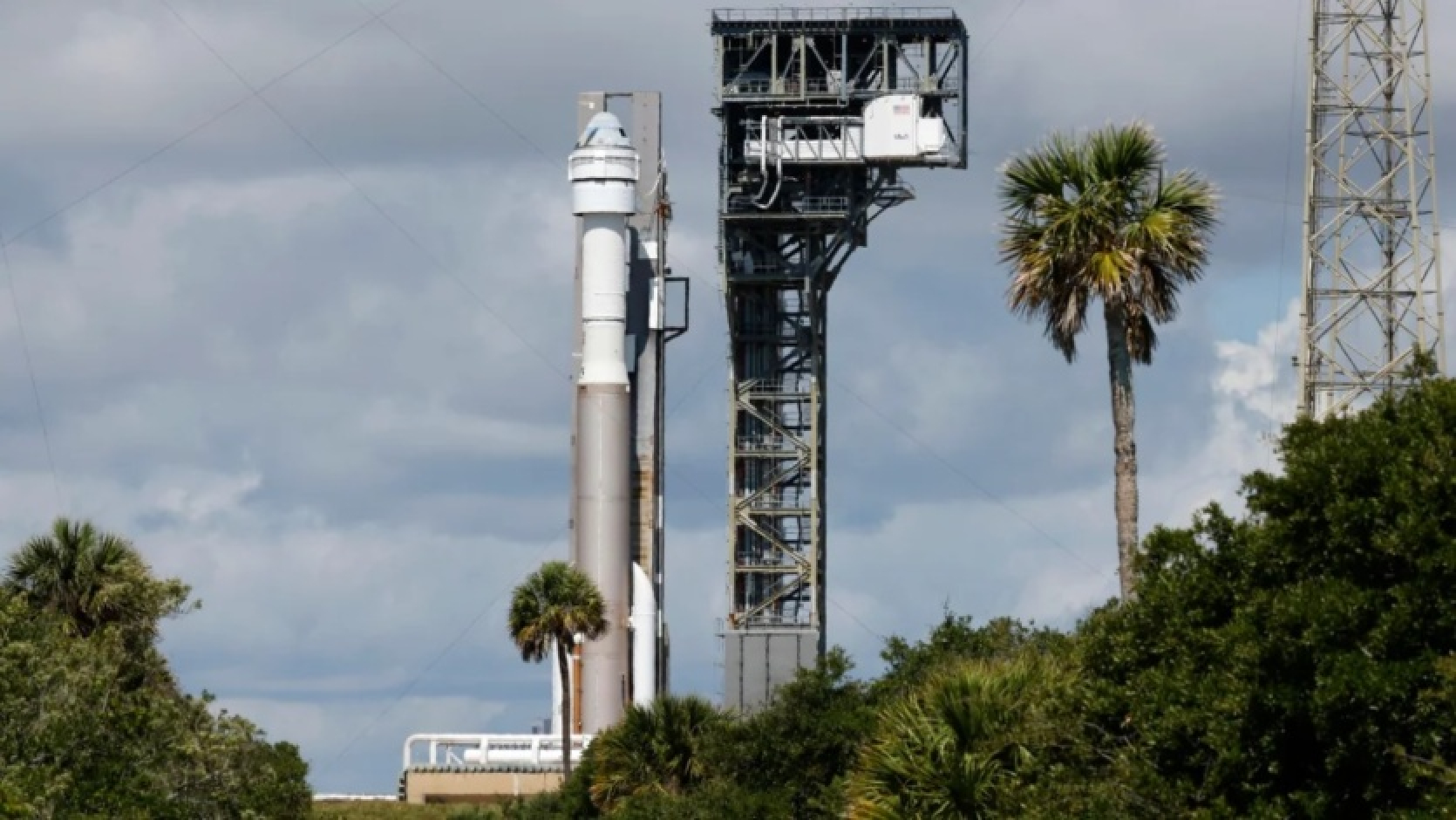


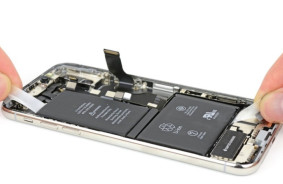
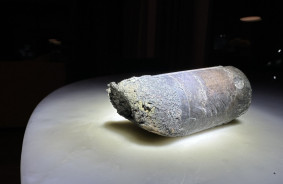
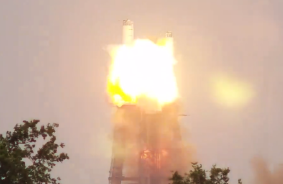
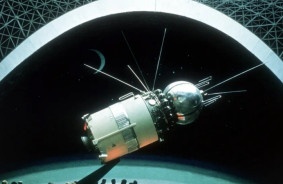
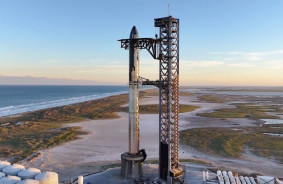
Comments (0)
There are no comments for now